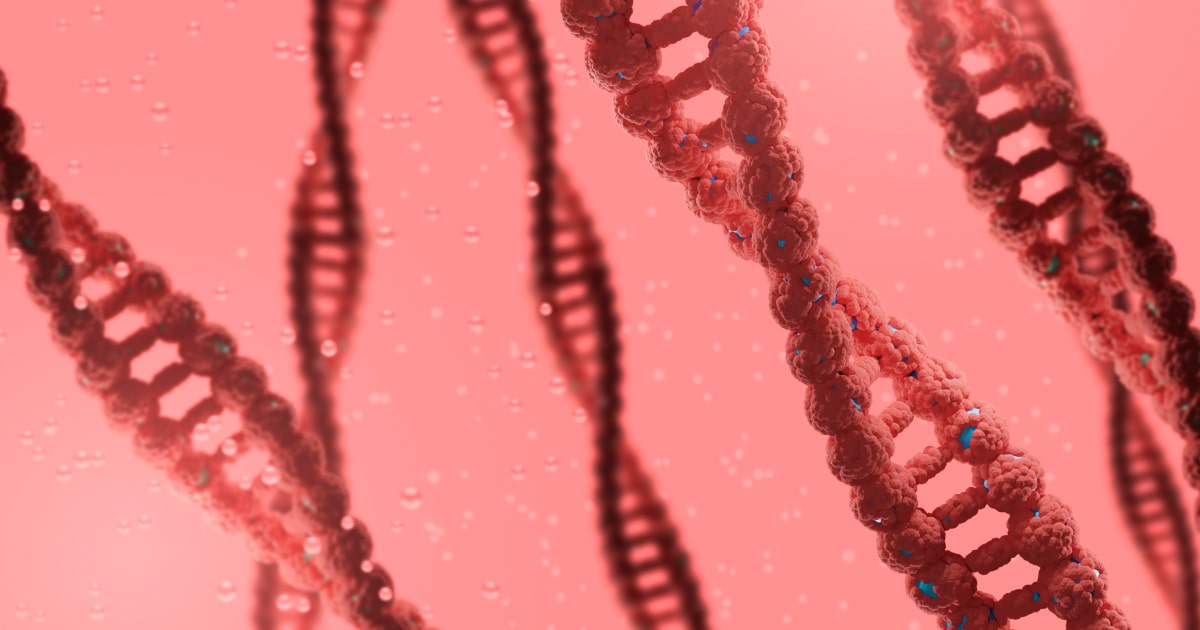
Expert Reviewed By: Dr. Brandon Colby MD
In the realm of rare genetic disorders, Amelogenesis Imperfecta Hypomaturation Type 2A4 (AIH2A4) stands out due to its profound impact on dental health. Characterized by enamel that fails to mature properly, this condition leads to teeth that are discolored, fragile, and prone to wear. Recent advancements in genetic testing have opened new avenues for understanding and managing AIH2A4, offering hope to those affected by this challenging condition.
Understanding Amelogenesis Imperfecta Hypomaturation Type 2A4
Amelogenesis Imperfecta (AI) is a group of hereditary disorders affecting enamel formation. The hypomaturation type, specifically Type 2A4, is caused by mutations in genes responsible for the final stages of enamel development. This results in enamel that is softer and more susceptible to damage, leading to dental complications such as heightened sensitivity, increased risk of cavities, and aesthetic concerns.
The Role of Genetic Testing in AIH2A4
Genetic testing has emerged as a pivotal tool in diagnosing and managing AIH2A4. By identifying specific genetic mutations, healthcare professionals can provide a more accurate diagnosis, enabling personalized treatment plans and better outcomes for patients.
Early Detection and Diagnosis
Genetic testing allows for the early detection of AIH2A4, even before symptoms manifest. For families with a history of the disorder, genetic screening can reveal the presence of mutations in children, allowing for proactive dental care and monitoring. Early diagnosis through genetic testing can significantly reduce the severity of dental complications by implementing preventive measures at a young age.
Personalized Treatment Strategies
Understanding the specific genetic mutations involved in AIH2A4 enables healthcare providers to tailor treatment strategies to the individual. For instance, knowing whether a patient has a mutation affecting enamel protein synthesis or mineralization can guide the choice of dental materials and treatments. This personalized approach not only improves the effectiveness of interventions but also enhances the patient’s quality of life.
Family Planning and Genetic Counseling
Genetic testing plays a crucial role in family planning for those affected by AIH2A4. Prospective parents can undergo genetic counseling to understand the likelihood of passing the condition to their offspring. This information empowers families to make informed decisions about family planning and explore options such as preimplantation genetic diagnosis (PGD) to minimize the risk of having children with AIH2A4.
Advancements in Research
Genetic testing not only benefits individual patients but also contributes to the broader understanding of AIH2A4. By identifying and cataloging genetic mutations associated with the disorder, researchers can explore new avenues for treatment, including gene therapy and other innovative approaches. This ongoing research holds the promise of more effective and potentially curative interventions in the future.
Challenges and Considerations
While genetic testing offers numerous benefits, it is not without challenges. The cost of testing can be a barrier for some families, and the interpretation of results requires specialized expertise. Additionally, the psychological impact of genetic information should not be underestimated, necessitating comprehensive genetic counseling to support patients and families throughout the process.
Conclusion
Amelogenesis Imperfecta Hypomaturation Type 2A4 presents significant challenges for those affected, but genetic testing provides a powerful tool for diagnosis, management, and research. By embracing the potential of genetic insights, healthcare providers can offer more targeted and effective care, ultimately improving the lives of individuals and families grappling with this complex condition.
For further reading and a deeper understanding of the genetic aspects of Amelogenesis Imperfecta, please refer to the study available on Semantic Scholar.
About The Expert Reviewer
Dr. Brandon Colby MD is a US physician specializing in the personalized prevention of disease through the use of genomic technologies. He’s an expert in genetic testing, genetic analysis, and precision medicine. Dr. Colby is also the Founder of and the author of Outsmart Your Genes.
Dr. Colby holds an MD from the Mount Sinai School of Medicine, an MBA from Stanford University’s Graduate School of Business, and a degree in Genetics with Honors from the University of Michigan. He is an Affiliate Specialist of the American College of Medical Genetics and Genomics (ACMG), an Associate of the American College of Preventive Medicine (ACPM), and a member of the National Society of Genetic Counselors (NSGC)